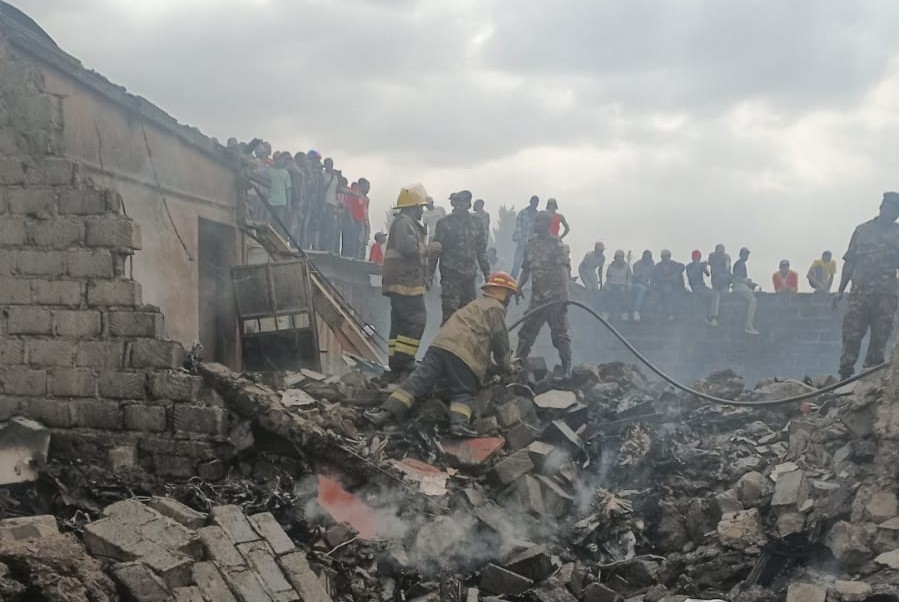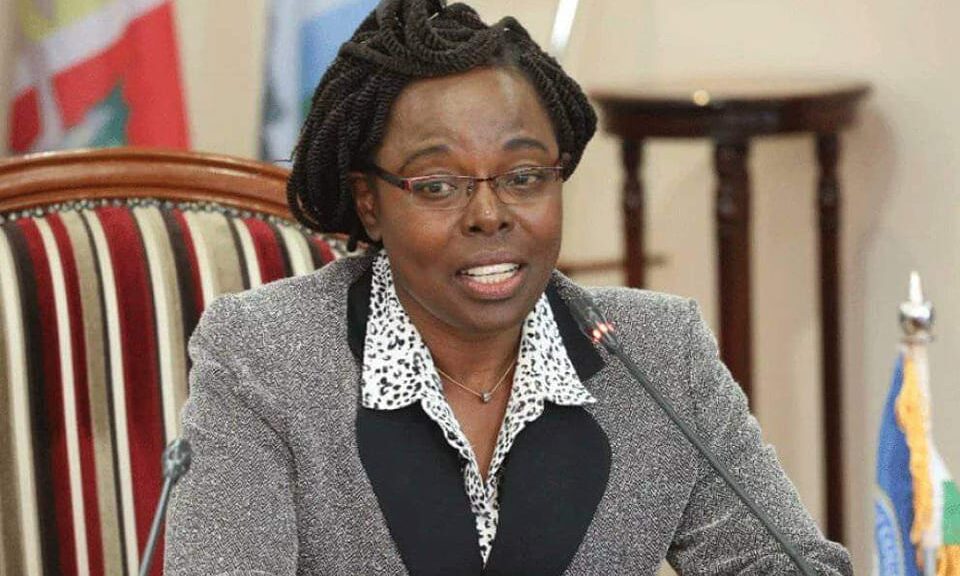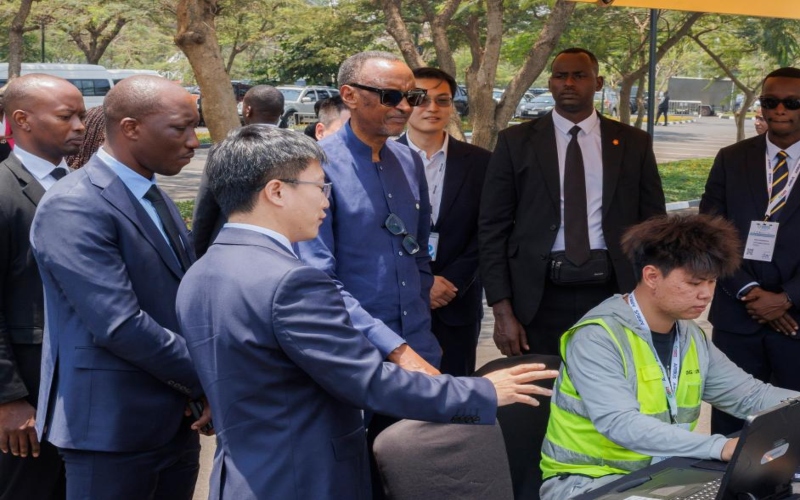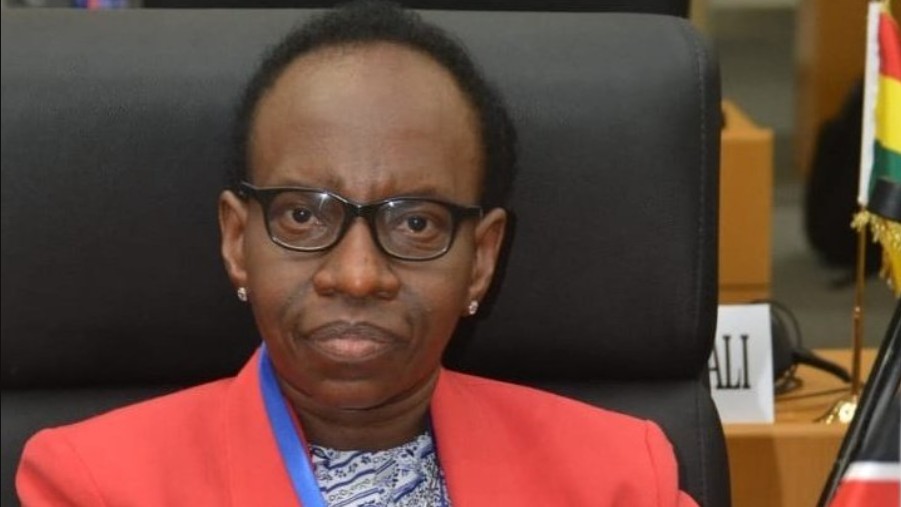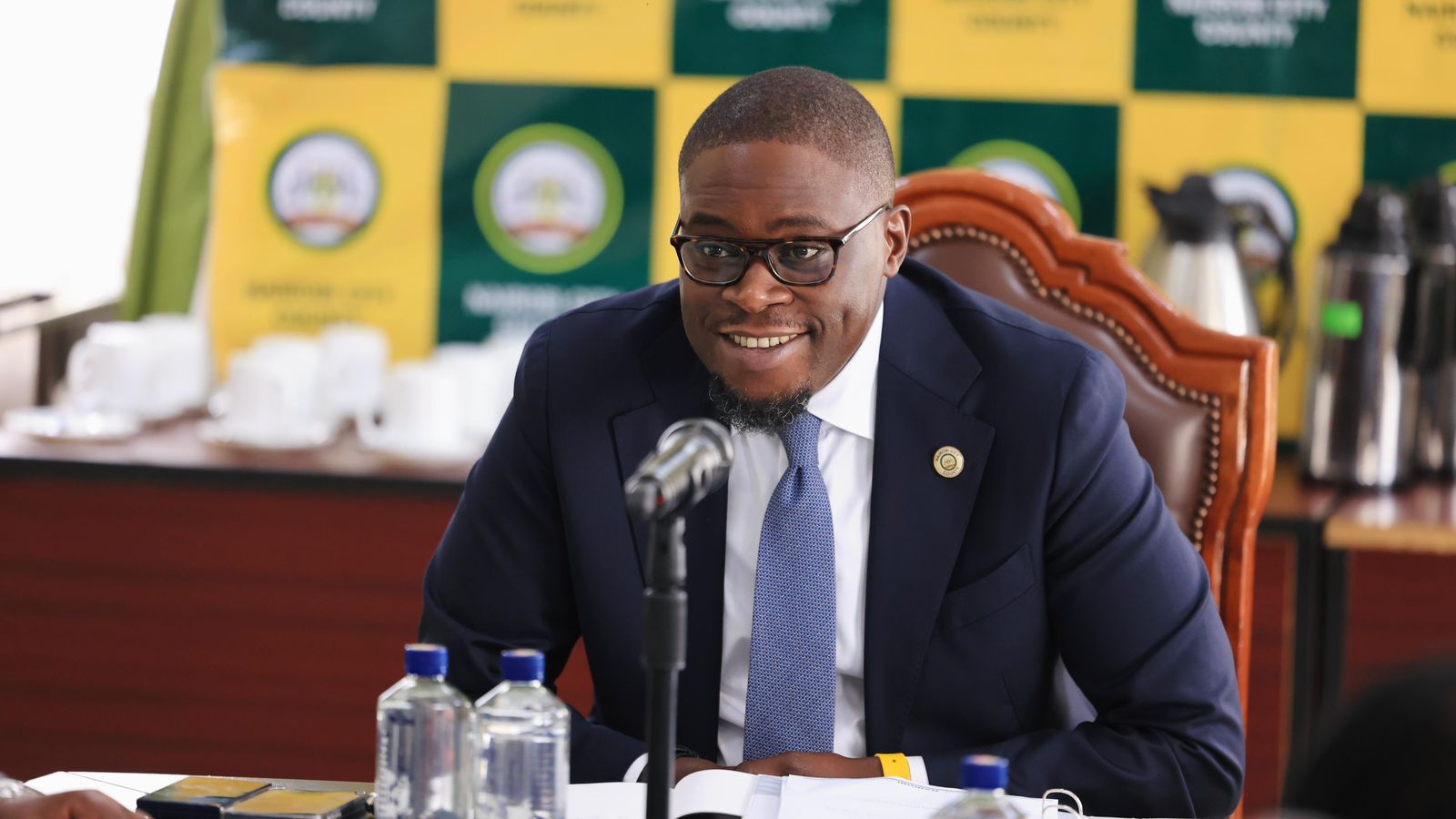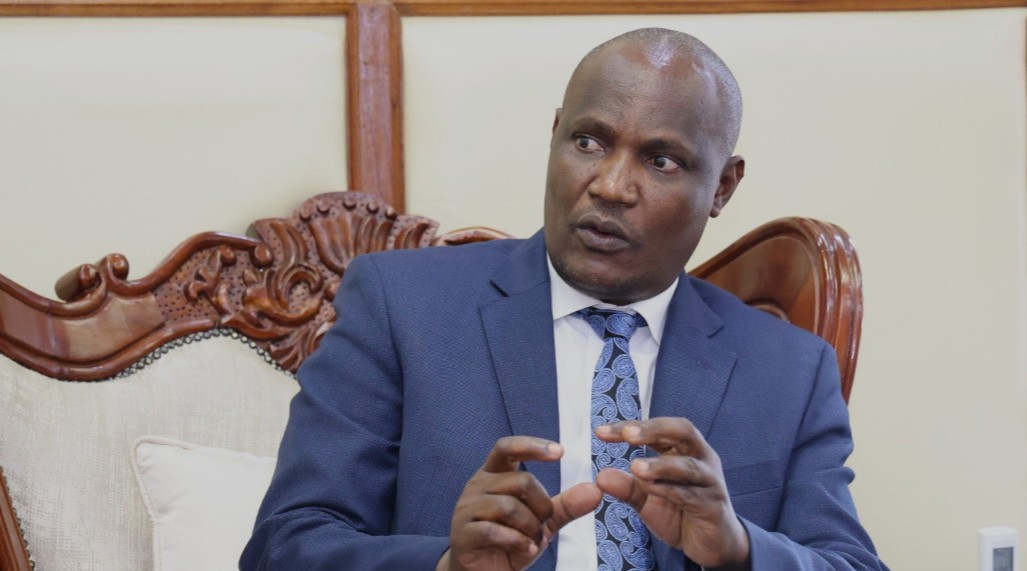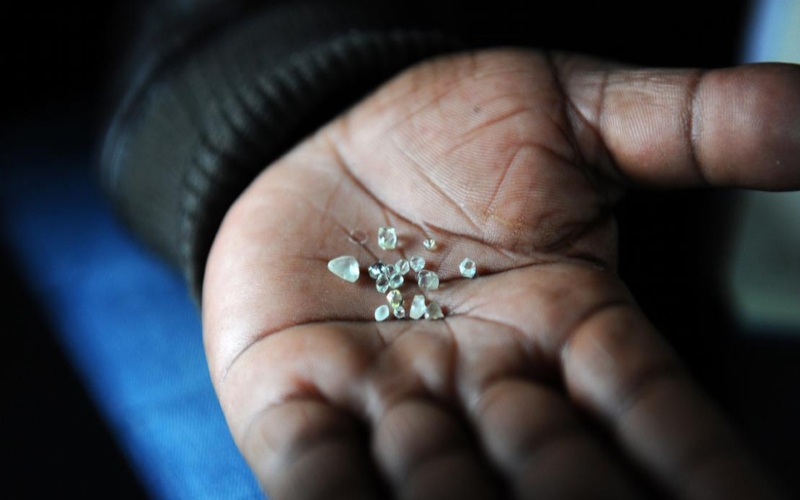Proposed law in Uganda aims to block funding for parties not engaging in political dialogue
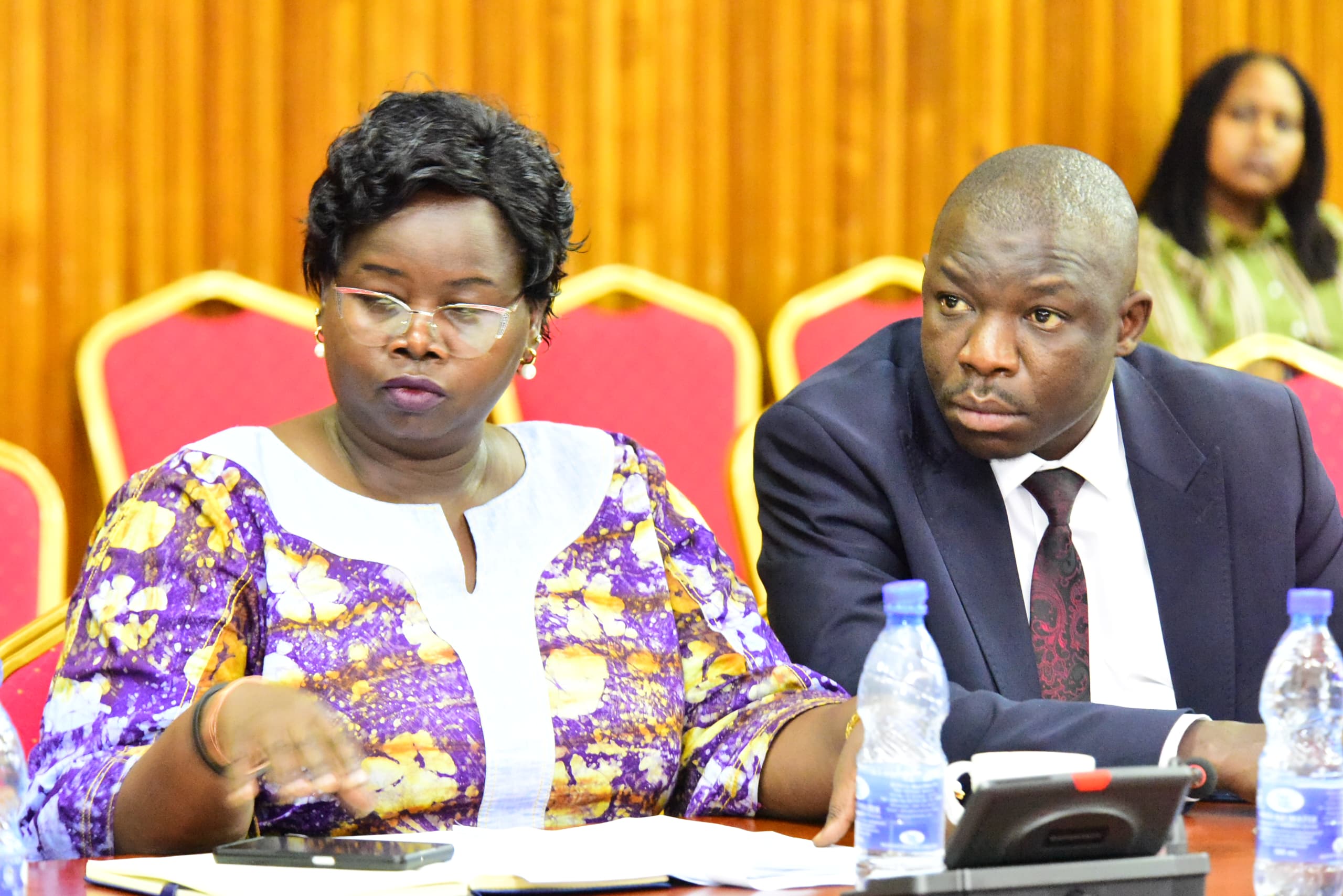
The goal is to discourage parties from avoiding platforms like the NCF and IPOD, which promote political dialogue, tolerance and peaceful coexistence among political entities.
Uganda is seeking to introduce a new law under which parties that are not members of the National Consultative Forum (NCF) and fail to engage in dialogue through the Inter-Party Organisation for Dialogue (IPOD) will not qualify for government funding.
The Political Parties and Organisations (Amendment) Bill, 2025, was tabled before the Ugandan Parliament by Napak Woman MP Faith Loru on Tuesday. It seeks to amend Section 14 of the law to make government funding conditional on political parties' participation in the NCF.
More To Read
- Museveni in Egypt for high-stakes meeting with El-Sisi amid rising Nile tensions
- Museveni expected in Nairobi as Kenya-Uganda ties face border test
- Bobi Wine accuses Museveni regime of blocking NUP youth from special elections
- Bobi Wine presses EU to act on Uganda’s human rights violations
- Ugandan MPs from ruling and opposition parties receive Sh100 million each from President Museveni
- Uganda's FDC party vows to challenge Kawempe by-election results in court
The Bill was initially meant to be submitted by Usuk County MP Bosco Okiror and his Bardege-Layibi counterpart, Martin Ojara Mapenduzi, but they withdrew due to medical reasons and other commitments, respectively.
The goal, according to Okiror, is to discourage parties from avoiding platforms like the NCF and IPOD, which promote political dialogue, tolerance and peaceful coexistence among political entities.
If the amendments are enacted, political parties such as the National Unity Platform (NUP), which currently do not participate in either the NCF or IPOD, will become ineligible for government funding.
The NCF was established under the Political Parties and Organisations Act No.18 of 2005 as a forum for political parties to engage in dialogue and share ideas. The Act decrees that all political parties represented in the Ugandan Parliament have to receive funding through the Electoral Commission.
Uganda's Parliament has a total of 557 MPs. Of these, 527 secured their seats through direct elections, while 27 serve as ex officio. The National Resistance Movement (NRM) dominates the House with 337 MPs, while the National Unity Platform (NUP) holds 57 seats.
The Forum for Democratic Change (FDC) holds 31 seats while the Uganda Peoples Congress (UPC) has 11. Additionally, the Democratic Party (DP) occupies nine, and both the People's Progressive Party (PPP) and Justice Forum (Jeema) are represented by one MP each.
News of the Bill's tabling before Parliament received mixed reviews from political players in Uganda.
"It is unfair to want the money when you don't want to join IPOD. That's theft. They must join, and we will dialogue together with the other side. If they only want the money, they are simply thieves," said NRM Spokesperson Emmanuel Dombo, according to The Monitor.
"If IPOD was well structured with a suitable convener like EC - that's a welcome idea because this will guarantee implementation of the outcome decisions," added Sarah Birete, the executive director of the Centre for Constitutional Governance.
Others, who are members of both the NCF and IPOD, decried the forced dialogue, arguing that meaningful political engagement cannot be achieved through coercion.
"We are already members of NCF and even hold the position of vice chairperson. However, when it comes to IPOD, no one should be forced to participate in a dialogue where they do not subscribe to the ideologies involved. NCF was established by law, but IPOD was not. It was created by an individual and is not grounded in any legal framework," said NUP Secretary General David Lewis Rubongoya.
"That amendment may be coming to target political parties that are in Parliament but refuse to be in IPOD. I think even IPOD should not accept to be used that way," added Alice Alaso, the National Coordinator of the Alliance for National Transformation (ANT).
Top Stories Today
